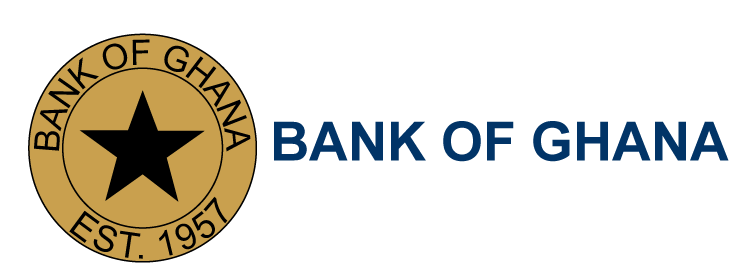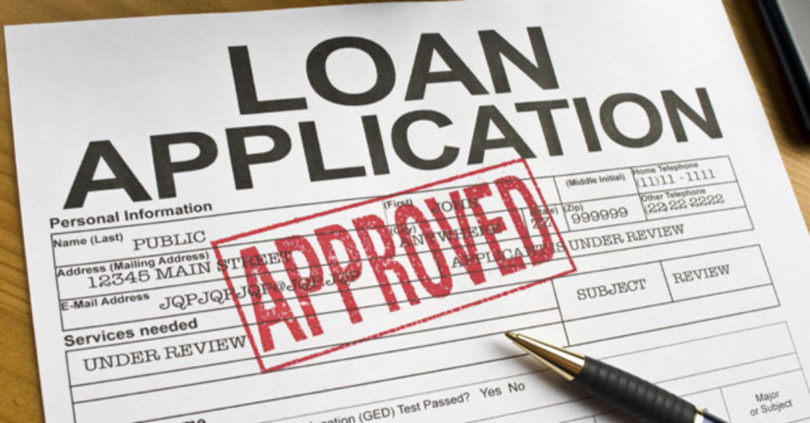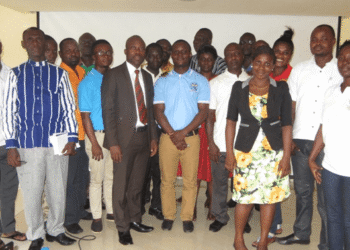The Bank of Ghana’s survey of Business and Consumer confidence conducted in October 2022 continue to point to softening economic sentiments in line with observed decline in economic activity in the country.
Consumer confidence dipped on account of rising inflation and uncertainty about future economic conditions whereas Business sentiments also deteriorated on concerns about rising operational costs, sharp currency depreciation, and weak consumer demand.
These survey findings were aligned with the decline in Ghana’s Purchasing Managers’ Index (PMI), which eased further to 44.0 in October 2022 from 45.6 a month earlier, pointing to the ninth consecutive month of contraction in the country’s private sector and to the greatest extent since April 2020.
S&P Global noted that business sentiment fell to the lowest for over two-and-a-half years, amid concerns over currency weakness and the global economy.
Faster declines were recorded for output, new orders, input inventories and employment, as the impact of recent currency weakness on prices weighed on client demand. On the price front, the rate of overall input price inflation remained substantial, despite slowing to a three-month low, while output charges rose at a near-record rate.

In a recent assessment of developments within the Ghanaian economy, the Bank of Ghana observed that “Domestic economic activity has moderated somewhat”.
“High frequency indicators monitored by the Bank signaled some moderation in economic activity in the third quarter, relative to the first two quarters of the year. The Bank’s Composite Index of Economic Activity (CIEA) contracted by 1.2 percent in September 2022, compared with 11.1 percent growth, a year earlier. The main indicators that dragged down the Index were domestic VAT, ports activity, and cement sales.”
Bank of Ghana
Tightening of credit stance
Aside the loss of confidence from both consumers and businesses, the latest credit conditions survey conducted in October 2022 by the Bank of Ghana also pointed to expected continued tightening of credit stance to corporates and households by the commercial banks over the next six months.
The Bank of Ghana expects that this will reflect in a steady increase in average lending rates and marginal decline in credit demand by enterprises and households.

New advances over the first ten months of 2022 amounted to GH¢45.3 billion, reflecting a year-to-date growth of 59.1 percent, compared with GH¢28.5 billion for same period in 2021.
As a result, private sector credit grew by 57.3 percent in October 2022, relative to 10.1 percent in the corresponding period in 2021.
“The observed increase in new advances and private sector credit partly reflected banks’ portfolio rebalancing behavior and revaluation effects from foreign currency denominated credit. In real terms, private sector credit increased by 12.0 percent, compared with a 0.8 percent contraction over the same comparative period.”
Bank of Ghana
The domestic economic is facing severe challenges with inflation remaining elevated, with strong underlying inflationary pressures.
Price developments suggest that the upturn of headline inflation in October 2022 was driven largely by food price pressures and to some extent additional pressures from the currency depreciation. Headline inflation currently stands at 40.4 percent as of October 2022 as both food and Non-food inflation continue to rise.
The Bank of Ghana’s measure of core inflation, defined to exclude energy and utility prices, also increased from 36.2 percent in September 2022 to 39.7 percent in October 2022, an indication of broad-based inflationary pressures. At the same time, consumer, business, and financial sector inflation expectations also went up significantly.
READ ALSO: Deputy Lands Minister Charges River Wardens To Be Fair And Firm In The Discharge Of Duties























